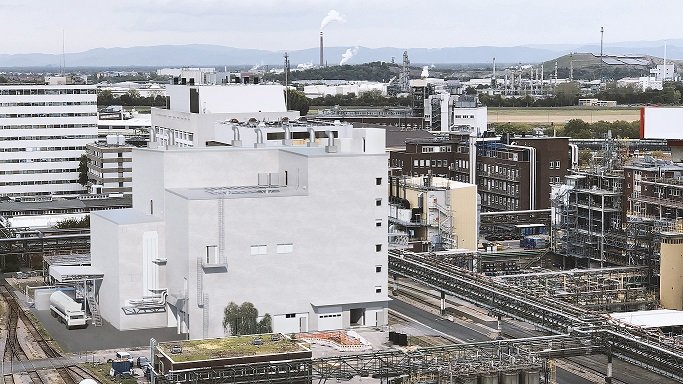BASF collaborates with Acadian Plant Health™ to introduce seaweed biostimulant solution
Distribution agreement broadens BioSolutions portfolio with seaweed biostimulants Solution for global market responds to climate-smart agriculture needs.
BASF expands its BioSolutions offering by incorporating seaweed biostimulants from Acadian Plant Health™, a renowned marine plant harvesting, cultivation, and extraction company based in Dartmouth, Canada. “Now more than ever, farmers must pursue productivity and sustainability. We connect the best products, technologies, and services, to positively transform agriculture, impact food systems and, ultimately, society. By pooling our expertise and resources, we can make a meaningful change,” said Marko Grozdanovic, Senior Vice President Global Marketing at BASF Agricultural Solutions.
Through the agreement with Acadian Plant Health, BASF will leverage the company’s new biostimulant technology to complement its biological portfolio, expand the availability of the products in new markets and increase solutions that will grow more, and sustainably better crops. Biostimulants are substances or microorganisms that, when applied to plants or the surrounding soil, have the ability to enhance crop growth, improve stress tolerance, and maintain marketable yield. They are complementary tools to conventional agriculture, helping growers manage the demands of food retailers for high-quality produce.
Ascophyllum nodosum is a seaweed that grows in extreme conditions in the North Atlantic tidal zone. As a biostimulant, it is rich in bioactive compounds like polysaccharides, mannitol, and betaines. “These compounds work together to improve plant tolerance to stressful growing conditions, including, but not limited to, heat and drought. At Acadian, we have meticulously determined, isolated, and formulated the most active ingredients that deliver unparalleled protection and resilience to crops,” said Nelson Gibson, President of Acadian Plant Health. “Our goal is to create solutions that drive greater economic well-being of farmers while also ensuring environmental sustainability.”
BASF currently distributes these products in multiple countries in Europe and China and is exploring opportunities to bring these products to customers in other regions and countries. The collaboration will expand the distribution of a newly developed patented abiotic stress management portfolio to a global market. “This partnership is a further step in BASF’s commitment and dedication to develop solutions that respond to the need for climate-smart agriculture,” said Stefan Tresch, Head of New Technologies & BioSolutions at BASF Agricultural Solutions.
Distribution agreement broadens BioSolutions portfolio with seaweed



